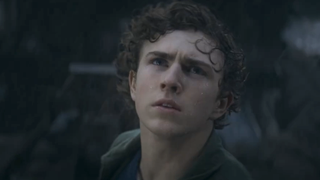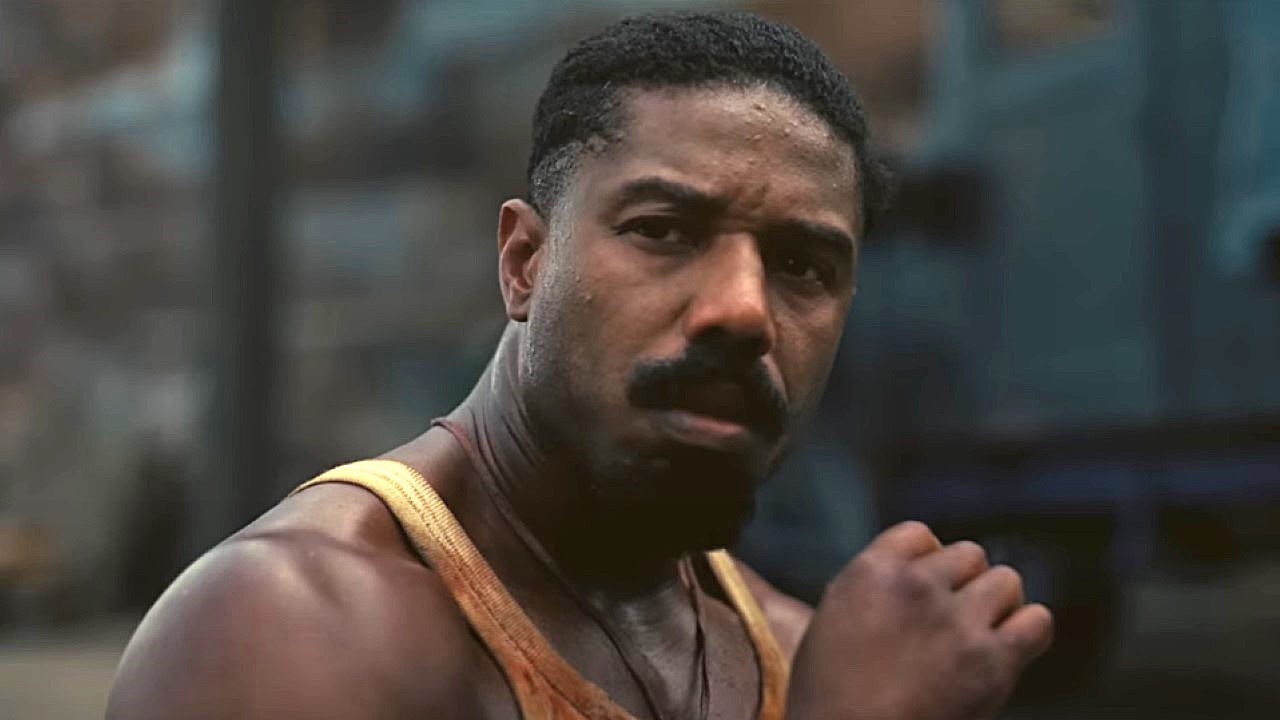Interviews
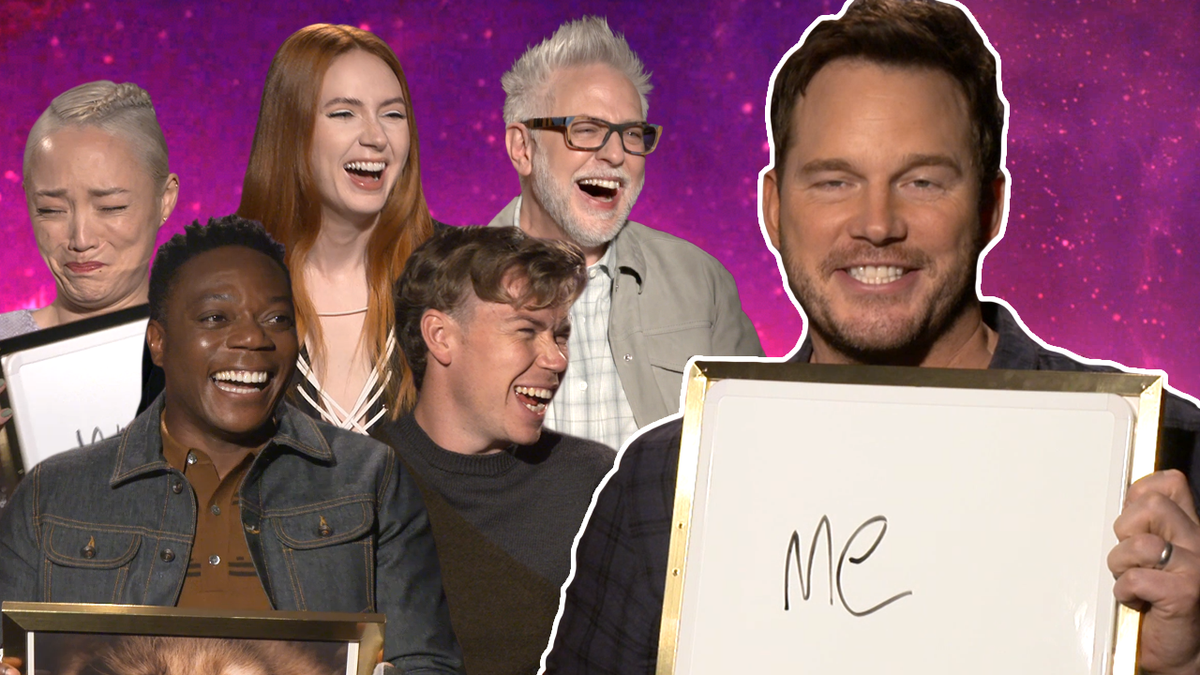
CinemaBlend frequently sits down with the talent who are responsible for the movies, television shows, streaming features, and pop-culture moments that you want to be reading more about. From Tom Hanks to the cast of Avatar, from the latest contestant on The Masked Singer to the cast of Yellowstone, CinemaBlend ample time for exclusive conversations with Hollywood's biggest stars.
And CinemaBlend prides itself on asking talent the questions that they aren't hearing from every other outlet, leading to passionate answers that are meant to educate and entertain you, our readers. If they are important in Hollywood, they are speaking with CinemaBlend.
Latest about Interviews
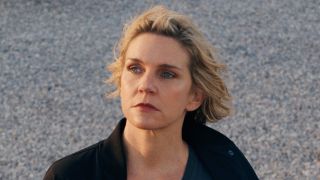
I Asked Pluribus’ Rhea Seehorn Her Favorite Detail About The Show’s Aliens, And Her Answer Matched Mine Exactly
By Nick Venable published
Exclusives We miss you, Carol.
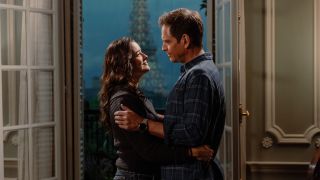
Intimacy Coordinators Are A Hot Topic In Hollywood. Why Michael Weatherly And Cote De Pablo Said They Didn't Need One for NCIS: Tony And Ziva
By Adam Holmes published
They gave this a lot of thought.

Stranger Things Finally Explained How The Upside Down Works, And The Duffers Told Us How They Decided Who Would Figure It Out
By Sarah El-Mahmoud published
Exclusives Finally, our questions have been answered.

Mckenna Grace Is Already A Bona Fide Scream Queen, But She Went Above And Beyond To Get A Part In The Five Nights At Freddy’s Franchise
By Eric Eisenberg published
Exclusives She is a passionate fan of the franchise.
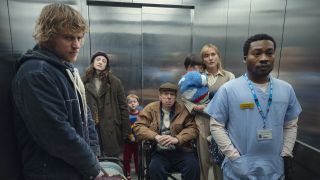
I Was Really Moved By Kate Winslet’s Directorial Debut Goodbye June, And She Told Me One Clever Trick She Used With The Actors
By Sarah El-Mahmoud published
Exclusives What a fantastic first film!
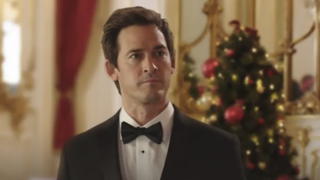
'Who's This Weirdo Next To Me?' Will Kemp And More Hallmark All-Stars Shared Stories About Encountering Fans In Real Life
By Laura Hurley published
Exclusives Christmas comes all year round for Hallmark stars.
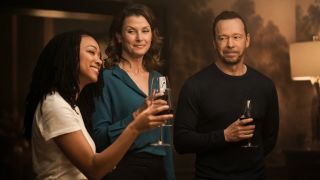
Boston Blue Bosses Reflect On The ‘Hugely Important' Task Of Following Blue Bloods’ Reagan Family Dinner Tradition
By Laura Hurley published
Exclusives There are fewer Reagans and more Silvers at dinner in the spinoff.
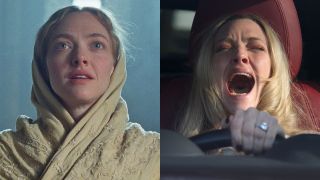
‘I Know How Lucky I Am’: Amanda Seyfried Has Two Movies Out This December, And It’s Funny How Wildly Different They Are
By Eric Eisenberg published
Exclusives She is really showing her range this month.
Your Daily Blend of Entertainment News

